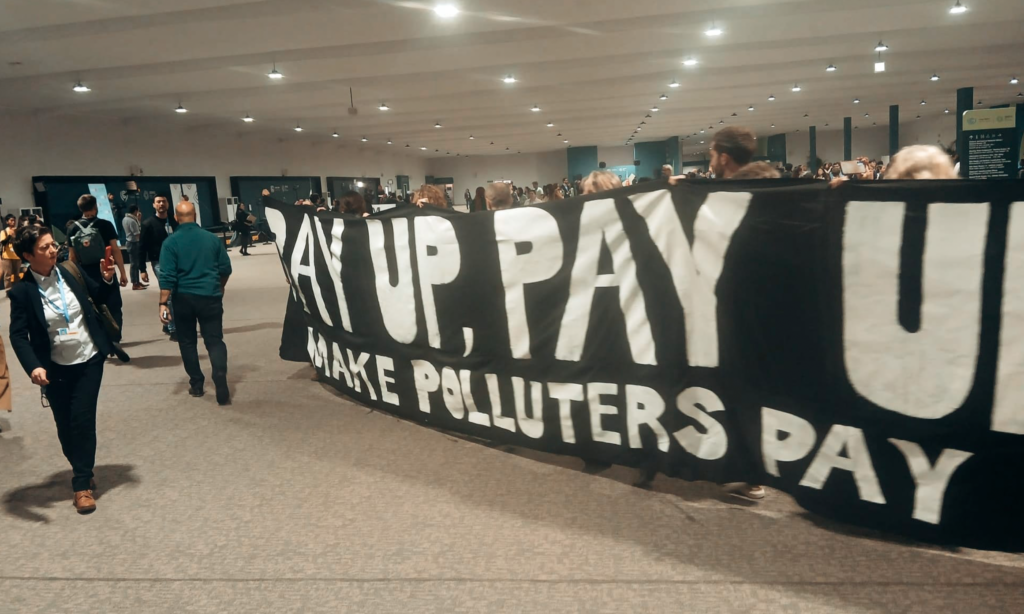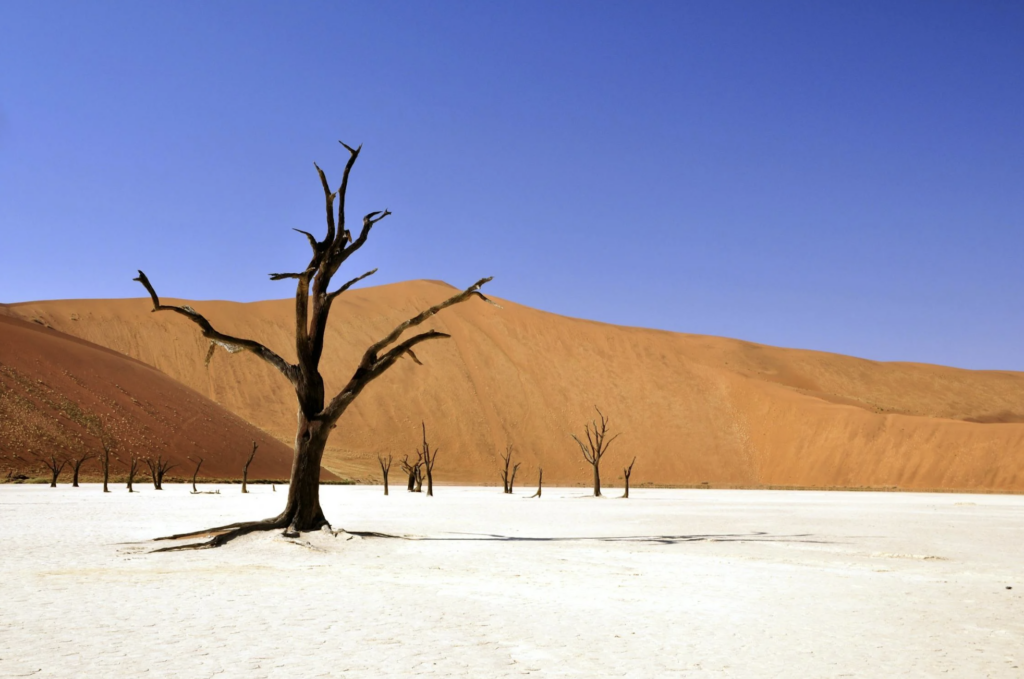
The high-level ministerial roundtable on the UAE Just Transition Work Program (JTWP) which took place recently at COP29, brought together leaders and experts to address the transformative challenge of achieving a just transition to a sustainable and equitable future. The discussions underscored the profound need to leave no one behind in this global shift, emphasising resilience, adaptation and inclusivity as cornerstones of climate action.
What Does a Just Transition Entail?
At its core, a just transition ensures that the move toward a low-carbon economy is equitable and inclusive, prioritising social protections, economic opportunity, and environmental justice. Ministers emphasised the importance of meaningful stakeholder engagement, human rights protections, and safeguarding the livelihoods of vulnerable communities.
A just transition is not just an environmental imperative but a moral and economic responsibility.
For many countries, this involves reimagining economic structures, creating new industries, and addressing the needs of marginalised groups. The transition must also balance global ambitions with local realities, acknowledging that solutions will vary across regions and sectors.
Global Perspectives on the Journey, A Shared but Unequal Challenge
The transition to a sustainable future affects countries in vastly different ways. Developed nations, such as those in Europe, emphasised their focus on social development, workforce re-skilling, and fostering green job creation. Meanwhile, emerging economies, like those in Africa and Latin America, highlighted the importance of international support in finance, technology transfer, and capacity building to ensure equitable progress.
Small Island Developing States (SIDS) and Least Developed Countries (LDCs) stressed their heightened vulnerabilities to climate change and the critical need for robust adaptation strategies. They called for collaboration that respects their unique contexts and fosters innovative approaches, such as nature-based solutions. After all, these countries don’t contribute to global greenhouse gas emissions, so why should they suffer the worst consequences of climate change?

The Role of International Cooperation
Across the discussions, international cooperation emerged as essential. Leaders agreed that no single country can tackle the complexities of a just transition alone. Collaborative approaches, knowledge-sharing, and sustained financial commitments are essential to unlocking the potential of a global transition.
The Opportunity to Transform
The just transition also represents an unprecedented opportunity to drive sustainable development and poverty eradication. By investing in clean energy, green infrastructure, and equitable social systems, nations can lay the foundation for long-term economic resilience and prosperity. Ministers emphasised that this transformation must include:
- Inclusive Growth: Ensuring access to opportunities for all, particularly marginalised communities.
- Adaptation and Resilience: Building systems that can withstand climate impacts while supporting sustainable livelihoods.
- Empowering People: Reskilling workforces and fostering local innovation to meet the demands of a green economy.
Unity in Action
Throughout the roundtable, participants stressed the importance of collective action and shared responsibility. While each nation faces unique challenges, the transition to a sustainable future is a common goal. Leaders called for a renewed sense of unity and purpose, underscoring that success depends on the strength of global collaboration.
The UAE Just Transition Work Program aims to be a catalyst for these efforts, offering a platform for dialogue, innovation, and coordinated action. By focusing on the principles of equity and inclusivity, the JTWP seeks to inspire transformative change that benefits all.
Looking Ahead
The discussions at the roundtable reaffirmed that a just transition is not just about managing change—it’s about shaping a future that reflects the values of fairness, opportunity, and sustainability. From the global north to the global south, from developed economies to the most vulnerable nations, the call to action is clear: we must work together to create a future that leaves no one behind. We need less talk and more decisive action from all countries on this matter.
Thank you to our ZWAI representatives attending COP29, Jack Coffey and Craig Tobin-Dower.
